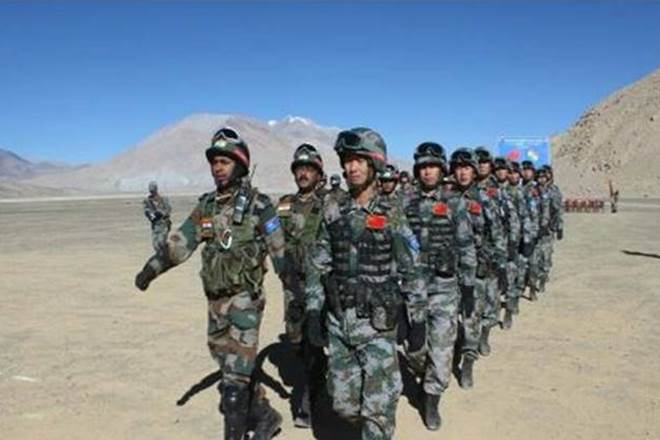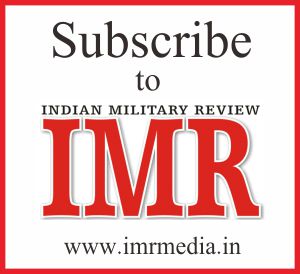Even as the world watched as two of the world’s most populous and powerful nations engaged in a scuffle at its border, news about official death count was hard to come by.
The People’s Republic of China is notorious in not revealing its casualty figures and the worst India-China clashes in over five decades didn’t even feature on any of its state-run papers.
Interestingly, one report on a US media website pegged the death count for China at 35.
Later on, news agency PTI also said that ’35 dead and injured on the Chinese side.
As M. Taylor Fravel, a China expert from MIT noted: “I can think of no armed conflict involving China where it has released casualty figures publicly at the time of the conflict. Usually, they are published years or decades later. Casualties from 1962 war only published in 1994 internal history.”
Interestingly, US News and World Report, known mostly for University Rankings, published a piece by Paul D Shinkman which cited US intel to claim that China’s count could be up to 35 Chinese troops.
Shinkman wrote in usnews.com: “American intelligence believes 35 Chinese troops died, including one senior officer, a source familiar with that assessment tells U.S. News. The incident took place during a meeting in the mountainous region between the two sides – both of which had agreed to disarm – to determine how the two militaries would safely withdraw their presences from the region.”
The piece further claims that all casualties were from the use of ‘batons and knives’ and from falls of steep topography. It further adds that Beijing considers the casualties as a ‘humiliation of its armed forces’.
The trigger-happy POTUS Donald Trump hasn’t tweeted about it yet.
On Tuesday, news agency ANI, known to be close to the current dispensation, pegged the casualties plus death figures at 43.
A day later ANI, citing sources, which is euphemism for messages from officials which no one wants to take credit or blame for, claimed that the Commanding Officer of the PLA was killed.
ANI also wrote earlier citing sources: “It is assessed that the Chinese suffered a significant number of casualties in the violent face off on the night of June 15-16. The assessment is based on the number of Chinese soldiers evacuated from the face-off location on stretchers and subsequently by ambulance vehicles on the track along the Galwan river, as also the increased Chinese helicopter movement.”
The world media has been agog with the escalation between the two neighbouring superpowers amid a pandemic.
The left-leaning UK paper The Guardian wrote: “Twenty members of India’s armed forces have been killed in a “violent face-off” with Chinese soldiers on their disputed Himalayan border in the worst military crisis between the two countries in nearly 60 years.”
The NYT, which was in the news for deciding not give room to opposing voices called it the ‘worst clash in decades on India-China Border’.
Meanwhile, in a graphic report in News 18, defence veteran journalist Praveen Swami noted that ‘unarmed men who fled into the hillsides were hunted down and killed’ adding that the dead include men who jumped into the Galwan river to escape.
Information Asymmetry
It’s important to note the information asymmetry that exists between Beijing and New Delhi. Most media reports completely disavow the fact. Even if the current regime is tight-lipped about events, several Indian publications including the Times of India, Economic Times, The Hindu, News 18, The Indian Express and Hindustan Times have detailed reports on the skirmishes.
It was the front page on several publications, including The Telegraph which had its customary pun in bad taste to mock the current dispensation.
On the other hand, China’s official media buried it deep. The Hindu’s Ananth Krishan noted that the People’s Daily and PLA Daily hadn’t even mentioned the worst clashes between the two nations in 50 years while Global Times carried on Page 16.













